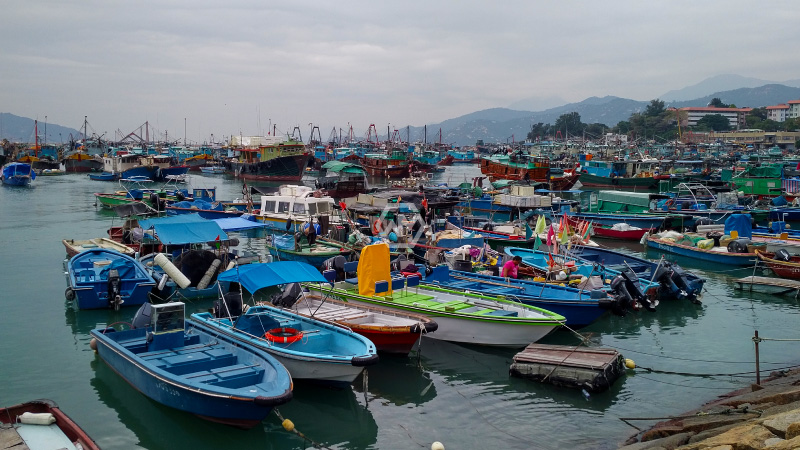- Chile’s government has passed a new fisheries law favoring artisanal fishers over industrial fleets.
- The law reallocates marine resource quotas to promote sustainability and equity.
- It marks a major shift in Chile’s fisheries management policy, with potential global implications.
In a landmark move for ocean governance, Chile’s Congress has approved a new fishing law that reallocates a significant portion of catch quotas from large-scale industrial fishing operations to artisanal fishers.
The reform is part of a broader national effort to adopt sustainable practices and reduce environmental impact in the fishing industry.
Chile’s Fishing Reform Favors Coastal Communities Over Corporations
The newly passed legislation marks a profound shift in how marine resources are allocated in Chile. For decades, the lion’s share of fishing rights was held by a small number of industrial conglomerates, raising alarms about environmental sustainability and social inequality. The new legal framework not only reduces their share but also increases transparency in the quota allocation process.
Under the updated system, a larger percentage of quotas is being redistributed to artisanal fishing cooperatives, many of which operate in remote coastal towns. This change is expected to have a direct impact on the livelihoods of thousands of families, offering improved economic resilience and community-based resource management. The law also includes stronger monitoring and compliance measures to prevent overfishing.
Additionally, the government is investing in training and infrastructure for small-scale fishers, ensuring they have the tools and knowledge to operate sustainably under the new regulations. Environmentalists have praised the move as a step toward marine conservation, highlighting how artisanal methods typically exert less pressure on ecosystems compared to industrial trawling.
International observers and fisheries management organizations are watching Chile closely, as the country’s new policy could become a model for other coastal nations seeking to balance economic growth with marine preservation. If successful, it could redefine global fisheries policy and lead to fairer practices worldwide.
Chile’s bold step to favor artisanal fishing communities over industrial giants marks a turning point in global marine governance, aligning economic justice with ecological sustainability.
“The ocean is not just a resource—it’s a way of life. When we protect it, we protect ourselves.” – Unknown



